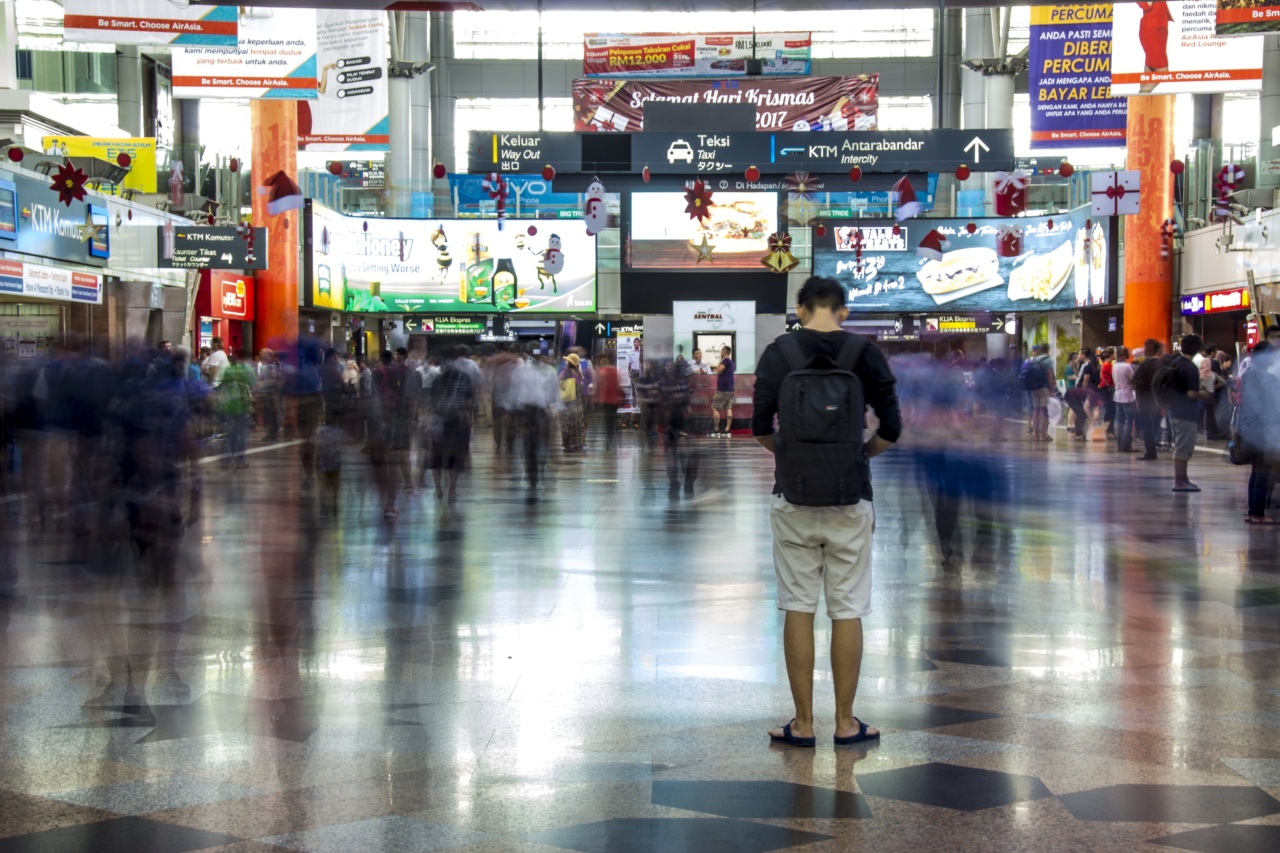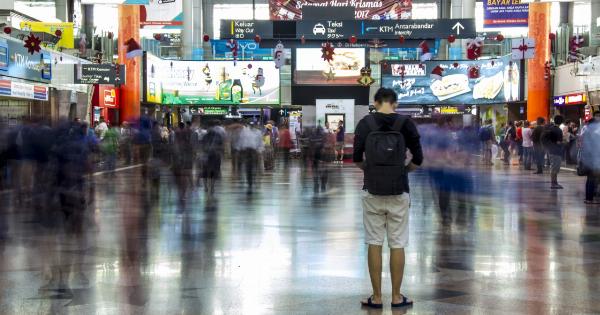A Central Asian clergyman is an individual who plays a significant role in the spiritual and social well-being of the communities they serve. They are esteemed for their dependability, ingenuity, and affection towards their fellow community members.
This article aims to highlight the remarkable qualities possessed by Central Asian clergymen and shed light on their invaluable contributions.
Dependability: The Pillar of Trust
Central Asian clergymen are widely admired for their unmatched dependability. They are responsible for guiding and counseling individuals through life’s challenges, providing unwavering support in times of distress.
Their reliability stems from their commitment to their calling and their dedication to serving their communities. With their constant presence, clergymen become trusted figures, offering a source of solace and an anchor of stability.
Ingenuity: Adapting to Diverse Needs
Central Asian clergymen demonstrate remarkable ingenuity in adapting to the diverse needs of their communities. These clergymen possess a deep understanding and appreciation of the cultural, ethnic, and religious diversity within Central Asia.
They carefully tailor their ministries to address the unique challenges faced by different individuals and groups. By developing creative solutions and approaches, clergymen foster an inclusive and supportive environment where everyone feels valued and understood.
Affection: Nurturing Compassionate Connections
The affectionate nature of Central Asian clergymen sets them apart as compassionate figures within their communities. They possess a genuine empathy and understanding for the struggles faced by individuals.
Whether it be through lending a listening ear, providing spiritual guidance, or offering emotional support, these clergymen forge deep connections with both individuals and families. Their affectionate demeanor creates a safe space where people can seek solace, fostering a sense of belonging and well-being within the community.
The Clergyman’s Role in Society
Central Asian clergymen play a crucial role in society, extending beyond their religious duties. They serve as vital facilitators of community development, promoting peace, harmony, and social cohesion.
Through their involvement in various social initiatives, clergymen address societal issues such as poverty, education, and healthcare. Their dedication to improving the overall well-being of their communities demonstrates their commitment to both spiritual and material well-being.
Providing Guidance and Wisdom
One of the fundamental roles of Central Asian clergymen is to provide guidance and impart wisdom to community members. They are sought after for their knowledge of religious texts, ethics, and moral principles.
Individuals turn to them for advice on important life decisions, seeking clarity and direction in navigating various aspects of their lives. This guidance helps individuals make informed choices, nurturing personal growth and development.
Preserving Cultural Heritage
Central Asian clergymen also contribute to the preservation of the region’s rich cultural heritage. They carry the responsibility of safeguarding and promoting traditional practices, rituals, and customs.
By upholding and celebrating cultural traditions, clergymen play a vital role in fostering a sense of identity and pride among community members. They ensure that the younger generations learn and appreciate their heritage, allowing cultural values and traditions to be passed down through the ages.
Inspiring Social Unity
Central Asian clergymen have a unique ability to inspire social unity through their teachings and actions. They emphasize the commonalities present among diverse individuals, transcending societal divisions.
By fostering mutual respect and understanding, clergymen act as catalysts for peaceful coexistence and social harmony. Their inclusive approach helps build bridges between different ethnicities and religious groups, cultivating an environment of acceptance and unity.
Supporting the Vulnerable
Due to their compassionate nature, Central Asian clergymen are often at the forefront of efforts to support the vulnerable members of their communities.
They demonstrate great sensitivity towards those facing adversity, such as the elderly, orphaned, or individuals with disabilities. Clergymen work tirelessly to provide physical, emotional, and spiritual assistance, ensuring that no one within their community is left behind.
Their dedication to the well-being of all community members reinforces their role as dependable and caring figures.
Promoting Education and Literacy
Central Asian clergymen recognize the importance of education and actively promote literacy within their communities. They establish and support educational institutions, ranging from religious schools to general educational facilities.
By encouraging lifelong learning and intellectual growth, clergymen equip individuals with the knowledge and skills necessary for personal and professional advancement. This emphasis on education not only benefits individuals but also contributes to the broader development of society.
Embracing Change and Modernity
Central Asian clergymen display a remarkable ability to embrace change and adapt to the ever-evolving modern world.
They recognize the importance of retaining the core values and teachings of their faith while ensuring their relevance in contemporary times. Clergymen actively engage with advancements in science, technology, and social change, integrating them into their teachings and practices.
Through a balanced approach, they effectively bridge traditional values with the needs and challenges of the present era.
Promoting Social Justice and Peace
Central Asian clergymen stand as advocates for social justice, promoting equality and fairness within their communities. They denounce discrimination, prejudices, and injustices, striving to create a just and equitable society.
Clergymen address societal issues such as poverty, human rights violations, and gender inequality through their teachings and community initiatives. By aligning their actions with their ideals, they contribute to the overall well-being and progress of their communities.
The Future of Central Asian Clergy
The future of Central Asian clergymen is promising, as they continue to adapt and evolve to meet the changing needs of their communities.
The invaluable qualities of dependability, ingenuity, and affection will ensure that they remain indispensable figures within society. It is through their unwavering commitment to their communities that clergymen contribute to the spiritual, social, and cultural progress of Central Asia.






























